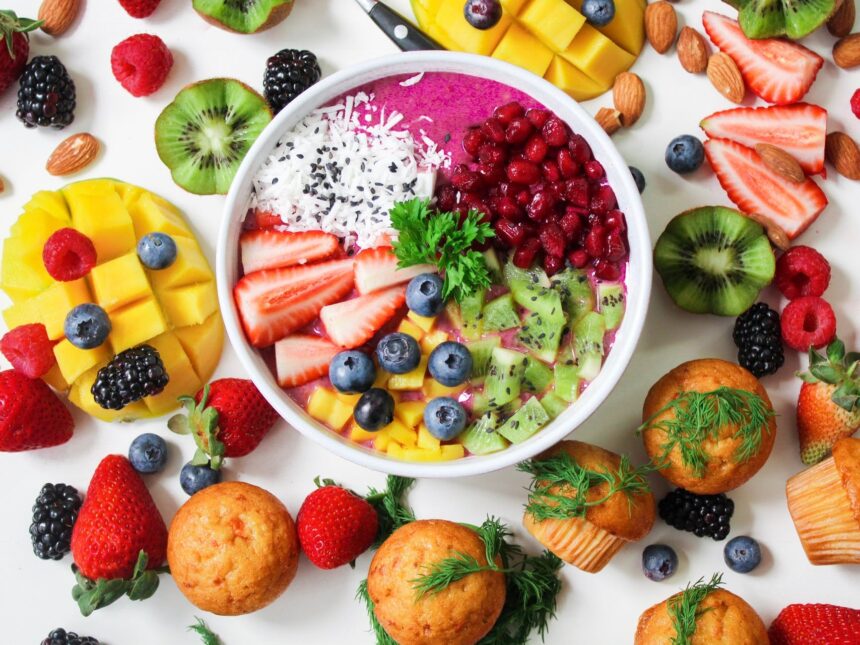The UvA aims to reduce 25% of its catering CO2 emissions by 2026. A new five-year contract with UvA-HvA’s caterer Cirfood aims to make this rocky transition as smooth as possible. But will it be enough?
From Roeterseiland to Oudemanhuispoort, all nineteen UvA-HvA locations receive food deliveries from caterer Cirfood. The original contract between Cirfood and UvA-HvA was due to expire in 2022. Amidst high prices and a limited vegetarian selection, various reasons led to believe that the contract might not be renewed.
Yet, after numerous negotiations in 2021, the contract was extended to 2027. The extension had one important condition: the caterer must put more effort into meeting their customers’ sustainability wishes. If this condition was not met before January 1st 2022, the UvA-HvA would find another contractor.
Cirfood noticeably improved during the last year, and they met the conditional offer, as Bert Zwiep, head of UvA Facility Services’ Supplies department, told us. For example, three buildings are now designated vegetarian pilot projects, ranging from 50% (Leeuwenburg) to 80% vegetarian food offerings (Fraijlemaborg, University College). Cirfood also started communicating the amounts of CO2 emissions that different products cost to make. With that, they hope to raise awareness, and nudge their consumers into buying more sustainably.
However, the question remains whether these nudges and pilot projects are enough to meet the UvA’s sustainability goals? As described in their White Paper, the UvA aims to reduce 25% of its catering CO2 emissions by 2026 through, for example, a ban on all ruminant meat and a minimum quota of 75% vegetarian lunch products. Although these are the UvA’s goals, they do not form the basis of the contract with Cirfood.
Instead of this top-down approach, the contract is more bottom-up and based on customers’ food demand. In other words: whatever UvA students want for lunch, Cirfood delivers. Given that a fair amount of customers still prefer meat, this seems likely to complicate the ban on all ruminant meat. In their item on the new vegetarian cuisine in Fraijlemaborg, foodblog Enjoy Today comfortingly ‘who would rather have a ham/cheese panini’ that indeed this snack ‘won’t be gone anytime soon.’
Although the current improvements might not lead to immediate result, they are part of an intricate plan to change the students’ demand. Liesbeth Nijhuis, Cirfood’s district manager, explains that sustainability and student catering are two uneasy bedfellows: ‘We’ve had many students complaining about expensive food, but eating sustainably is even more expensive. Are students willing to pay for that?’ Instead of banning all meat, Cirfood experiments with buying locally, diversifying their food, and changing food prices and communication to reduce CO2 emissions. In cooperation with UvA-HvA researchers, they try to intelligently reduce their carbon footprint.
‘’Banning meat would be the easy way out,’’ according to Zwiep. ‘Therefore, we are not going to do that.’ Many challenges lie on the rocky road ahead, including a ban on all single-use plastic in 2023. Both Nijhuis and Zwiep are optimistic about their intelligent path to sustainability, where researchers and caterers collaborate closely. ‘Ideally, in 2026 all consumers are more aware of what they’re eating,’ concludes Guido Meijer, a UvA Facility Service project manager. ‘Their demand will determine the future of our supply.’

